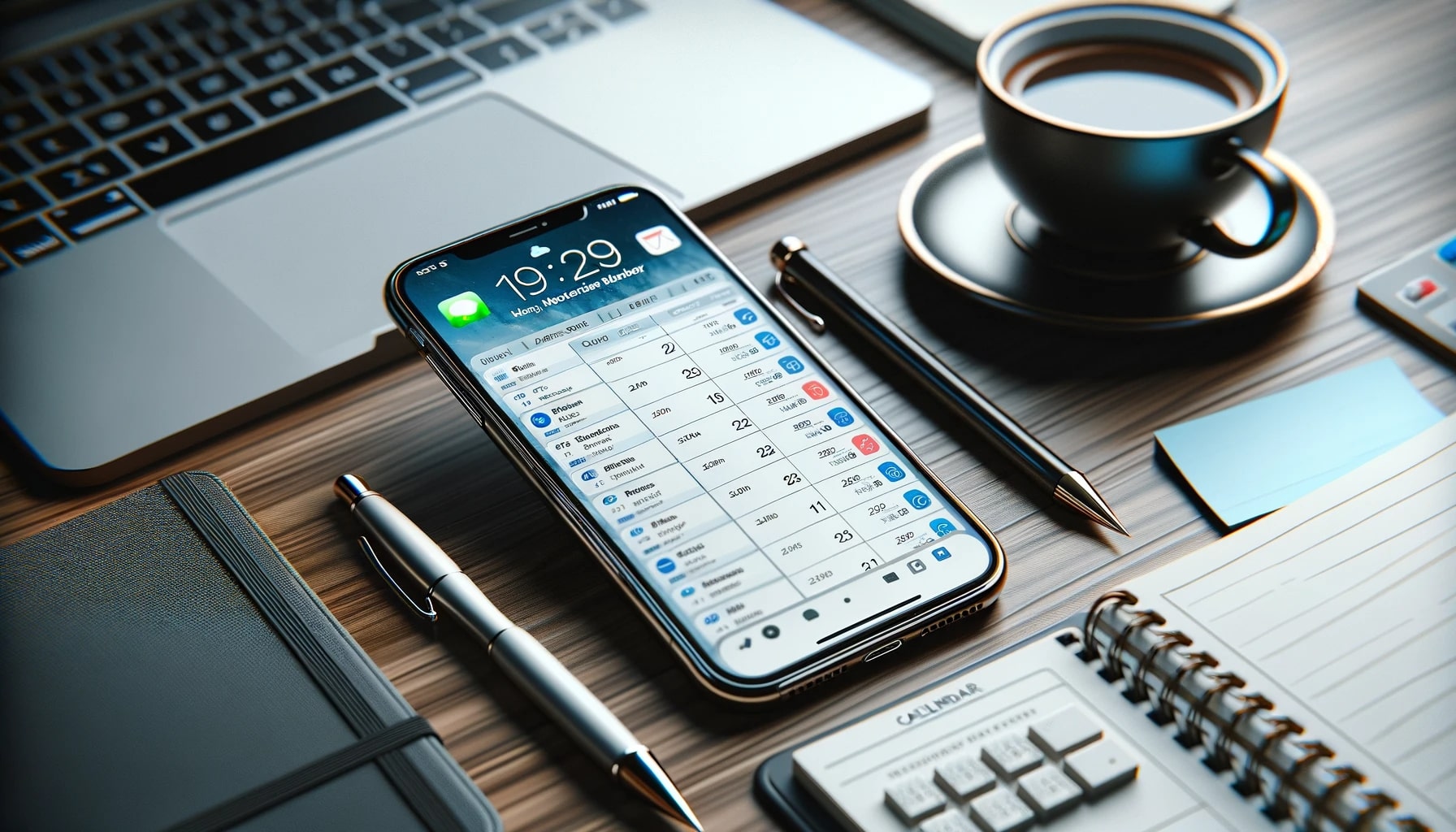The Google Pixel 8 and its sibling, the Pixel 8 Pro, represent Google’s latest attempt to refine its smartphone lineup, with particular attention paid to battery life and charging features. Historically, Google’s Pixel phones have lagged behind competitors in these areas, but the latest models show promising improvements.
Starting with battery life, both the Pixel 8 and Pixel 8 Pro exhibit enhancements over their predecessors, the Pixel 7 and Pixel 7 Pro. This improvement stems partly from the inclusion of slightly larger batteries and the integration of the more energy-efficient Tensor G3 chipset. Testing revealed that the Pixel 8 nearly reached the average battery life for smartphones, lasting just under 10 hours. The Pixel 8 Pro slightly surpassed the average, offering a battery life of over 10 hours. This is a commendable leap from the Pixel 7 series, particularly the Pixel 7 Pro, which fell significantly short of the average.
In terms of charging, the new Pixel phones have made strides in both wired and wireless charging speeds. The devices support 30W wired charging, which can recharge the battery to 50% in approximately 30 minutes. While this is an improvement, it’s worth noting that wireless charging speeds remain unchanged from the previous generation, maintaining an adequate but not industry-leading pace.
Despite these advancements, the Pixel 8 series still faces stiff competition from other high-end smartphones. For instance, the iPhone 15 and Samsung Galaxy S23 models boast longer battery life and, in some cases, faster charging capabilities. This places the Pixel 8 in a challenging position, competing against devices that offer more robust battery performance and efficiency.
Nevertheless, the improvements seen in the Pixel 8 and Pixel 8 Pro are steps in the right direction for Google. The extended battery life and enhanced charging capabilities demonstrate Google’s commitment to addressing some of the longstanding criticisms of the Pixel line. However, to truly rival the top contenders in the smartphone market, future Pixel models will need to continue this trajectory of improvement, aiming for even greater battery longevity and more efficient charging solutions.
In conclusion, while the Google Pixel 8 series marks progress in battery and charging technology, there’s still room for growth. As consumers increasingly prioritize these features in their smartphone purchasing decisions, it will be crucial for Google to push the boundaries further in upcoming iterations of the Pixel series.










